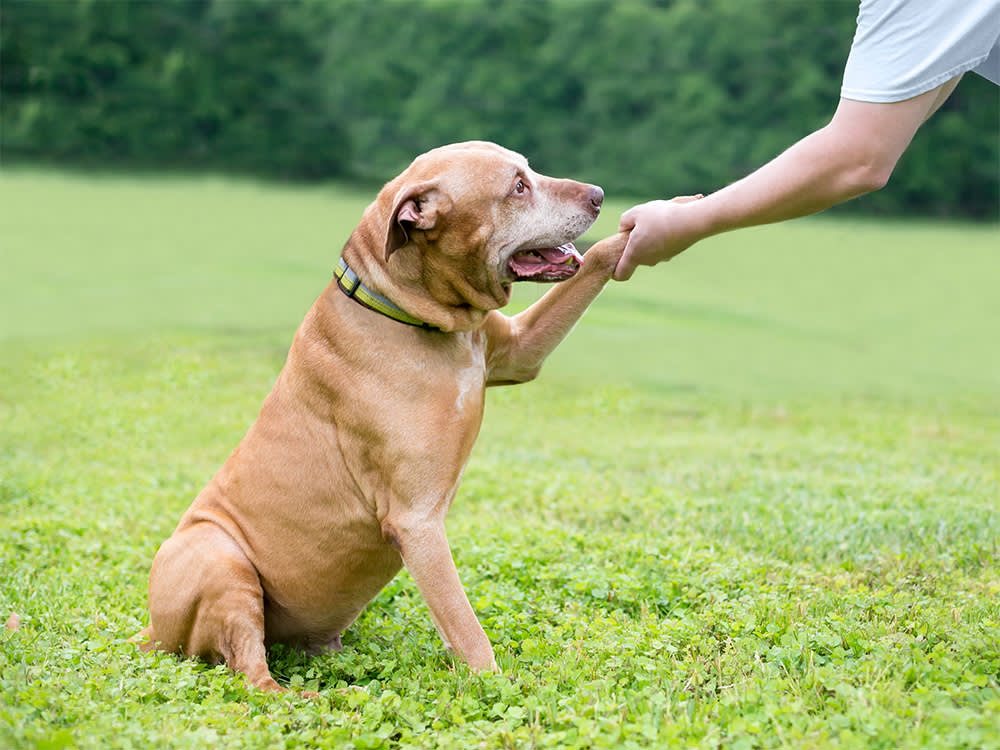
Training a dog goes beyond only teaching commands like "sit" or "stay." It's about turning your pet into a content, joyful friend who feels safe and knows their role in your house and community. Whether you recently adopted a puppy into your house or deal with an older dog, continuous Dog training is essential for your pet's long-term viability. But how does "consistent training" affect your dog's behaviour and your relationship with them? Really what does it mean?
At Wagging Tails, we are aware of the significant impact appropriate training can provide in the life of a dog. Beyond learning skills and commands, consistent, dependable training helps your pet develop structure, confidence, and a balanced life. This post will go over why regular dog training is so important and how it will affect the course of your animal friend.
Building a Strong Foundation: The Power of Consistency in Training
Regarding dog training, consistency is among the most important components. Consider it the skeleton of the educational process. Dogs flourish in settings they know what to expect from, hence consistency in training provide the framework required for their success.
Consistency Creates Clarity
Dogs do not naturally follow household rules. They pick things by repeated behaviour, patterns, and reinforcement. Your dog starts to know what is expected of them by daily clear expectations and consistent commands. Training repetitions guarantee internalisation of orders including "sit," "stay," and "come." These commands can rapidly become confusing without regular training, leaving your dog unsure about how to react.
Every family member should be using the same orders and methods when teaching your dog. Your dog could become perplexed if one person says "down" for laying down and another uses "off" for the same behaviour. Success and clarity depend on a consistent approach to training all around the house.
Consistency Builds Trust and Security
Dogs that know their surroundings' rules feel safe. Regular dog training helps your pet and you to develop trust. For an animal that yearns for structure, your dog will find great comfort knowing you are in charge and depending on you to lead them. This trust helps your dog and you get closer over time, therefore transforming training sessions from unpleasant to fun.
Furthermore less likely to show troublesome habits as excessive barking, jumping, or leash-pulling is a dog that recognises their limitations through regular training. Many times, these actions result from uncertainty or fear; however, consistent training helps to reduce these factors.

Long-Term Success: How Consistent Training Shapes Your Dog’s Future
Regular training prepares your dog for success going forward, not only provides temporary advantages. A dog that is well-trained presents greater chances for socialising, travel, and personal interaction with others. Working with a pet sitter or other caretaker simplifies life as well since they may follow set procedures.
Preventing Behavioral Issues
Many of the behavioural issues pet owners deal with—including aggression, chewing, or even separation anxiety—can usually be found in a lack of structure or inconsistent training. Dogs need direction; without it, they may act out in frustration or uncertainty.
Even brief courses of regular training assist to reinforce good behaviour and stop the formation of negative habits. Better still is the earlier you start these habits. Still, starting never comes too late. Consistent training helps even older dogs tremendously, and with patience they can unlearn bad habits and pick more good ones.
Better Socialization and Adaptability
Consistent training helps dogs to become more flexible in many contexts. Whether you're heading to the clinic, a pet sitter, or on a holiday, trained dogs know how to behave in novel circumstances. This helps your dog to appreciate fresh experiences with confidence and reduces the tension of outings for you as well.
Training heavily relies on socialising; dogs who are routinely exposed to new people, environments, and animals under controlled training are more likely to be calm and well-mannered in social situations. This is especially crucial should you want to leave your dog with a Pet sitter or at a dog daycare while you are away. Others will find a well-trained dog much easier to handle, so guaranteeing a better experience for all those engaged.
Conclusion
Training your dog is a lifetime effort needing consistency, patience, and dedication; it is not a one-time occurrence. Your dog will be more successful over time the more regularly you reward good behaviour. Learning a few commands is only one aspect; another is developing a connection grounded in communication, trust, and respect.
Our great interest at Wagging Tails is enabling pet owners to provide their dogs the best life available. We have you covered whether your dog's established schedule requires trusted pet sitters or you need assistance with dog training. Recall that the success of your pet depends on consistency; hence, using the correct method will help your dog flourish in all spheres of life.